Dr. Anneke Schreuder, Co-Chair
Dr. Anneke Schreuder is a Dutch pediatrician and neonatologist, with a particular interest in the field of developmental epidemiology. It brought her to several hospitals and research centers in the Netherlands, South Africa, and Oxford, UK. After the family moved to Katy, Texas, where she currently resides, her daughter was diagnosed with dyslexia. This brought her deeper into the world of learning disabilities. For several years, she worked as a dyslexia tester/tutor at UT Health Science Center.
Seeing many students struggling in math as well as in reading, she decided to return to her area of expertise and passion, math. Awareness, communication, research, and remediation of Dyscalculia are her mission. In 2010, she started Dyscalculia Services to provide assessments, in-person, and online tutoring for children and adults, and to assist parents in supporting their children’s learning. In her practice, Dr. Schreuder follows and implements the latest research on the subject of learning disabilities and best practices for intervention.
Dr. Schreuder has a longstanding interest in neuro-imaging and neuro-developmental pediatrics and the relationship with early childhood development and education. Her enthusiasm and love for knowledge called her to do research, resulting in her thesis describing the statistics of the medical, behavioral, and early educational follow up of very preterm born babies at the time of the entry of formal education, with a particular emphasis on vision and language development.
Dr. Schreuder is a dedicated and active LDA Texas Board Member. She is responsible as the LDATX Outreach Community Coordinator for answering questions asked by individuals seeking guidance for learning disability resources.
Dr. Schreuder is a frequent speaker on Dyscalculia on podcasts and webinars, a consultant to various local schools, and has developed a series of online courses.

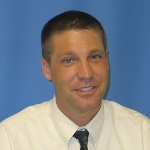
Edward Schultz, Ph.D., Co-Chair
Dr. Schultz began his career working with children with significant mental health needs prior to becoming a special educator teacher and educational diagnostician. He earned his undergraduate and master’s degree at Midwestern State University in Wichita Falls, TX. and earned his PhD at the University of North Texas in Denton, TX. He currently is an Associate Professor and a distinguished West scholar at the West College of Education at Midwestern State University.
In addition to teaching both undergraduate and graduate courses at MSU, he is also program coordinator for the educational diagnostician and special education teacher program .He is the co-author of the Core-Selective Evaluation Process (C-SEP) and has written numerous peer-reviewed articles, presented at the national and international level, and has provided trainings across the country to schools and state departments of education. His areas of expertise include SLD identification, multi-tiered systems of support, and emotional and behavioral disorders (EBD).
David Allsopp, Ph.D.
Dr. Allsopp is professor of special education, Assistant Dean of Educator Preparation and Partnerships, and Endowed Chair/Director of the David C. Anchin Center in the College of Education at the University of South Florida. He teaches at both the undergraduate and graduate levels, focusing on instructional methods for students with high incidence disabilities and research methods for developing and validating effective practices for students with disabilities. During his 23 years in academia, he has contributed extensively to the field of special education through research, writing, resource development, and presentations. In addition to numerous peer reviewed journal articles and book chapters, Dr. Allsopp is co-author of five books including Teaching Mathematics Meaningfully: Solutions for Struggling Learners(2nd Edition), Mathematics RTI: A Problem Solving Approach to Creating an Effective Model, and Academic Success Strategies for Adolescents with Learning Disabilities and ADHD, which has been published in three languages including English.
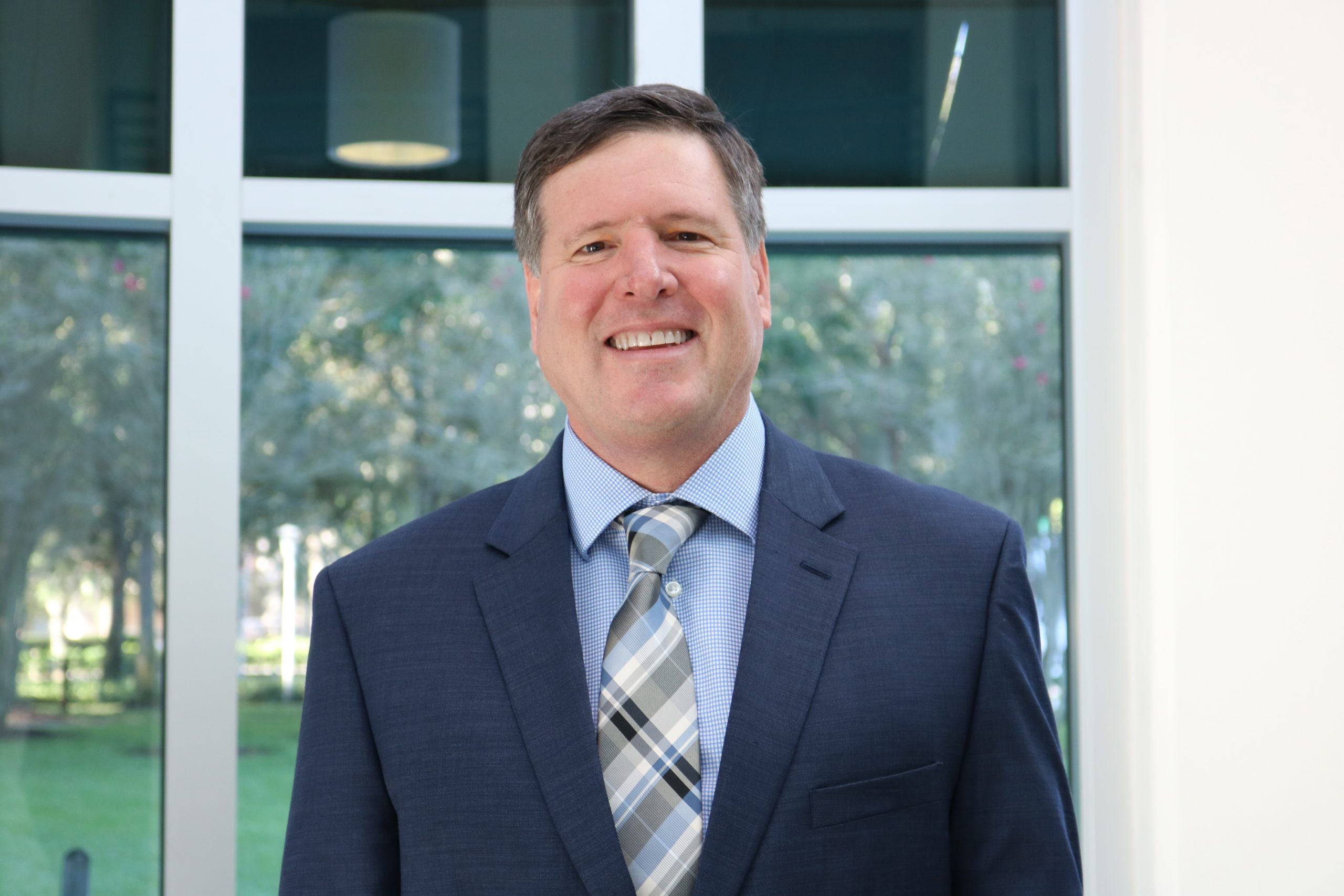
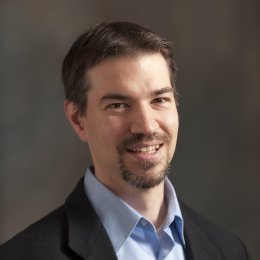
Donald J. Bolger
Dr. Bolger is currently an Associate Professor in the Department of Human Development and Quantitative Methodology at the University of Maryland. Dr. Bolger’s research focuses on the neurocognitive underpinnings of typical and atypical development of language and reading as well as the role of general cognitive ability and executive functioning in the basic aspects of learning. He has nearly 20 years of hands-on experience in using functional neuroimaging methods with typically developing children as well as those with learning disabilities including dyslexia. His lab has also investigated the mechanisms of inferring the emotion of others from language and whether these mechanisms are impaired in Autism Spectrum Disorder. More recently, his research has focused on the impact of poverty and family environment on language and cognitive development in early childhood.
Elsa Cardenas-Hagan, Ed.D.
Dr. Cardenas-Hagan has long been advocating for individuals with learning disabilities, especially underserved and often misclassified English Language Learners who also have learning disabilities and/or who struggle to acquire literacy skills. Her passion for these learners inspired her to author Esperanza, a Spanish language curriculum for striving readers who primarily speak Spanish. Elsa and her colleague recently did a webinar for LDA on remote learning and English Language Learners.
Elsa is currently Chair of the National Joint Committee on Learning Disabilities, of which LDA is a member. Elsa worked with Dr. Gad Elbeheri to establish IDA’s Global Partners in recognition that dyslexia and learning disabilities impact individuals around the globe. While recognizing the need for robust evidence-based core curriculum and tiered interventions, Elsa also fervently supports a role for cognitive assessment in the identification of learning disabilities.
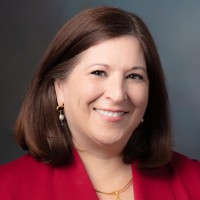

Charell G. Coleman
Ms. Coleman is currently a facilitator of social emotional learning at Mount Holyoke University. For over twenty years, Charell has embraced her passion to educate students and educators in the areas of executive functioning, mild learning disabilities, and social emotional learning. She has taught a variety of learners (e.g., pre-kindergarten, elementary, middle school, ESL,
gifted/talented). Currently, she supervises and executes systematic instructional practices, curriculum development, and teacher and parent training. She also provides the program structure needed for students to access specialized learning support. Concomitantly, she
presents on topics like executive functioning, dyslexia, and writing. Charell’s work on boards and committees that support innovation, health and wellness, and executive functioning further exemplifies her leadership in the space of learning disabilities and education in general.
Scott Decker, Ph.D.
Scott Decker, Ph.D., is an Associate Professor in the Department of Psychology at the University of South Carolina. He graduated from the Ball State University School Psychology program in 2001 with a specialty in neuropsychology and research methodology. While in graduate school, Dr. Decker was a supervisor for a school psychology clinic, research director for the neuropsychology laboratory, and provided consultation for local schools. After graduation, Dr. Decker worked at Riverside Publishing as a neuropsychological test developer. While at Riverside Publishing he worked on numerous test projects including the Woodcock-Johnson Third Edition Tests of Cognitive Abilities and Tests of Achievement, the WJ-III Diagnostic Supplement, Dean-Woodcock Neuropsychological Assessment System, and Stanford-Binet Fifth Edition. Additionally, he was a co-author of the Bender-Gestalt Second Edition. In 2003, Dr. Decker taught neuropsychology and research methodology at Roosevelt University in Chicago. Dr. Decker served in a joint appointment at the University of Illinois at Chicago Neuropsychiatric Institute as a pediatric neuropsychologist where he worked with children with a variety of developmental disorders and neuropsychological problems. Dr. Decker has taught neuropsychology at Georgia State University where he was also involved in the Language Research Center investigating primate cognition and comparative methodologies in applications to child cognitive development.
Dr. Decker is currently at the University of South Carolina where he teaches and does research in the areas of neuropsychological assessment, QEEG measures of brain activity, diagnostic decision making, academic assessment, development, and evolutionary psychology. He regularly conducts workshops involving neuropsychological assessment for school districts in various locations across the U.S.
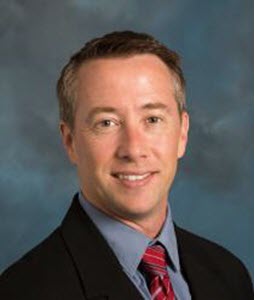
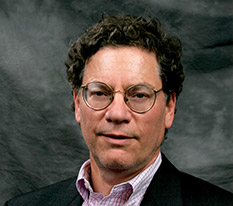
Douglas Fuchs, Ph.D.
Douglas Fuchs, Ph.D. is Professor and Nicholas Hobbs Chair in Special Education and Human Development and a member of the Vanderbilt-Kennedy Center. Before joining the Vanderbilt faculty in 1985, Fuchs was an assistant first-grade teacher in a private school in Baltimore for children with severe behavior problems; a fourth-grade classroom teacher in a public school outside Philadelphia; and a school psychologist in the Minneapolis Public Schools.
At Vanderbilt, he has been principal investigator of 50 federally-sponsored research grants. They have facilitated development of models of service delivery (e.g., pre-referral intervention, responsiveness-to-intervention, reintegrating students with disabilities into mainstream classrooms); assessments (e.g., formative measures of student and teacher evaluation, dynamic assessment); and instructional approaches (e.g., peer-mediated learning strategies). He is currently exploring the importance of “hybrid” cognitively-focused and skills-based academic interventions for most difficult-to-teach children.
Fuchs is the author or co-author of more than 300 articles in peer-review journals and 60 book chapters. He has won several best paper awards, including the Palmer O. Johnson Memorial Award (American Educational Research Association), the Division 16 Fellow’s Award (American Psychological Association), the Samuel A. Kirk Award (Division for Learning Disabilities of the Council for Exceptional Children), and Best Paper of the Year Award (National Association of School Psychologists). He was recently identified by Thomson Reuters as among the 250 most frequently cited researchers in the social sciences in the United States from 2000-2010, inclusive. In 2009, he was described as one of 14 “revolutionary educators” by Forbes Magazine; in 2008, he was among “100 Distinguished Alumni” in the first 100 years of the College of Education and Human Development of the University of Minnesota; in 2005, he was awarded Vanderbilt University’s Earl Sutherland Prize for Achievement in Research; in 2003, he was given the Career Research Award by the Council for Exceptional Children.
Lisa Hain, Psy.D., NCSP
Dr. Hain is a licensed psychologist, licensed professional counselor, and a PA and nationally certified school psychologist, with specialty training in school psychology, neuropsychology, and pediatric cognitive behavior therapy. Dr. Hain has worked in academia for the past 15 years, currently serving as an Associate Professor and Program Director of a MS in applied psychology
program. She is a member of the Brad Hale Center for Teaching Brain Literacy with other colleagues in the US, Canada, and Bermuda. Dr. Hain’s areas of practice include exploration of brain-behavior relationships in children to identify a pattern of neuropsychological strengths and weaknesses that lead to individualized instruction and cognitive, emotional, social, motivational, and behavioral interventions for children with learning differences and
asynchronous learning profiles. Dr. Hain espouses a scholar-practitioner approach and continues to be a staunch supporter of bridging research to practice and is an active member on the editorial advisory board of School Psychology Review.

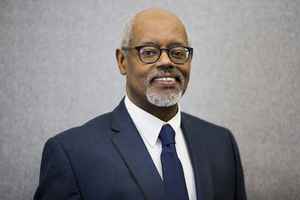
Harold Jordan
Harold Jordan is Nationwide Education Equity Coordinator at the American Civil Liberties Union of Pennsylvania. He is the author of “Beyond Zero Tolerance: Discipline and Policing in Pennsylvania Schools,” co-author of “Cops and No Counselors: How the Lack of School Mental Health Staff is Harming Students,” co-author of “Student Arrests in Allegheny County Schools: The Need for Transparency and Accountability,” and the editor of “Know Your Rights: A Handbook for Public School Students in Pennsylvania.” Past leadership roles include serving on the coordinating committee of the national Dignity in Schools Campaign, chairing the board of the Philadelphia Public School Notebook, a nonprofit news service reporting on the city’s public schools, and directing a national youth program at the American Friends Service Committee. Mr. Jordan participated in the 2015 White House Rethink Discipline Summit.
Mr. Jordan is also the recipient of the Education Law Center’s Education Champion Award and the Marcienne and Herman Mattleman Award for Excellence in Public Education. He holds a degree in social thought and analysis from Washington University in St. Louis.
Ann Knettler, Ph.D.
Dr. Knettler is currently Vice President of Educational Leadership at AbleDocs; Disability Resources Consultant at Delaware State University; Adjunct Professor in the MPA and EDD Programs at Delaware State University. An accessibility strategist with over 16 years of experience as an ADA and 504 Compliance Officer and Director of Disability Resources offices at both HBCUs and PWIs, Ann is a sought-after speaker, educator, and consultant. She has extensive experience working with college students with disabilities to determine accommodations that ensure equal access, and in training teachers and administrators to work with learners with disabilities from a universal design perspective. As a member of the Association on Higher Education and Disability (AHEAD), Ann currently represents the Association as a member of the Council of Representatives for the Council for the Advancement of Standards in Higher Education (CAS) where she has co-authored and updated policy and standards for the entire field of higher education, served as an internal expert on the review of the Disability Resources and Services Standards, and currently sits on their Diversity, Equity, and Inclusion Committee. A published researcher, Ann regularly presents and consults globally on topics such as the depth and breadth of digital accessibility, disability rights, assessment and the use of data as an advocacy tool, disability policy and policy reform, strategic planning for organization-wide access, creating and using policy and accessibility standards, program review, ableism, and the social justice model of disability. Ann is an active faculty member in the Doctor
of Education in Educational Leadership and Master of Public Administration Programs at Delaware State University. She received a Masters of Arts in Counseling in Higher Education with an emphasis in Mental Health from the University of Delaware and a Doctor of Education in Educational Leadership from Delaware State University. Her dissertation focuses on the lived experiences of ableism and able-body privilege by students with disabilities in higher education and the impact that experience has on their receipt of an accessible and equitable education.

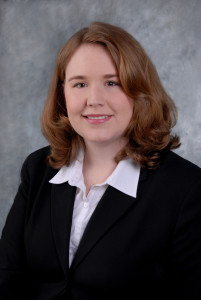
Heidi Konkler-Goldsmith, JD
Ms. Goldsmith has been serving the needs of children and families in the area of special education for 20 years. Prior to founding Bradley and Goldsmith Law, Ms. Goldsmith practiced law at McAndrews Law Offices. During her 19 years at McAndrews Law, Ms. Goldsmith became a Shareholder of the firm and was Supervising Shareholder of the Special Education for almost 10 years. Ms. Goldsmith is the Parent Attorney Representative to the Stakeholders Council of the Office for Dispute Resolution. Ms. Goldsmith has spoken frequently at National and State-Wide Special Education Conferences including the LDA, Arthritis Foundation, COPPA and PBI. Ms. Konkler-Goldsmith offers substantial expertise in the area of Special Education Law and handles a wide variety of special education matters, civil litigation cases and criminal justice issues.
Jemma Kwon, Ph.D.
Dr. Kwon is a tenure track faculty member in the Education Department at California State University, Sacramento. She has expertise in dyscalculia and she has demonstrated the ability for training educators to effectively support students with dyscalculia. Her research interests include math learning disabilities and technology. Additionally, Dr. Kwon is primarily responsible for collecting, analyzing, and interpreting data to support institutional planning, policy formulation, and strategic decision-making based on her expertise in quantitative research methods and data science. Dr. Kwon is active with LDA of California.

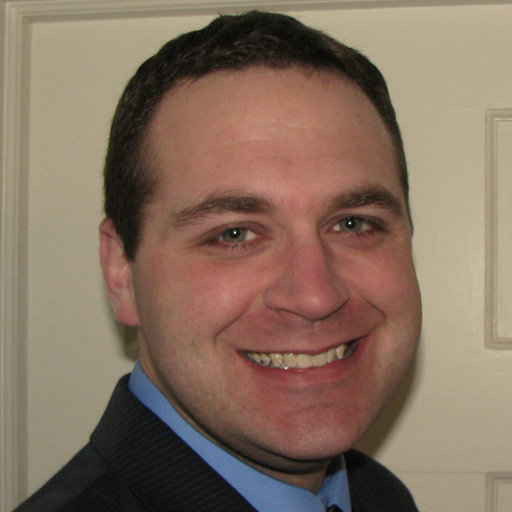
Adam Lalor
Adam Lalor, Ph.D. is the Director of the Landmark College Institute for Research and Training and Director of the Landmark College Center for Neurodiversity. With more than 15 years of experience in higher education administration, his research focuses on the transition of students with disabilities to and within higher education and the preparation of faculty and administrators to serve students with disabilities. Recent publications have appeared in the Journal of Postsecondary Education and Disability and the Journal of Diversity in Higher Education.
A sought after presenter, Dr. Lalor regularly presents at secondary and postsecondary institutions around the nation as well as local and national conferences. He teaches in Landmark College’s online Learning Differences and Neurodiversity certificate program and is co-author of From Disability to Diversity: College Success for Students with Learning Disabilities, ADHD, and Autism Spectrum Disorder. Dr. Lalor received his doctoral degree in Educational Psychology from the University of Connecticut’s Neag School of Education.
Joseph Madaus
Dr. Joseph Madaus is director of the Collaborative on Postsecondary Education and Disability and is a professor in the Department of Educational Psychology. He is a past president of the Division on Career Development and Transition, a division of the Council for Exceptional Children.
In 2007, Dr. Madaus received both the Teaching Promise and Teaching Innovation award from the University of Connecticut chapter of the American Association of University Professors. In 2008, he was named as a University Teaching Fellow, the highest teaching honor at the University of Connecticut. Dr. Madaus was a Distinguished Research Fellow in the National Institute on Disability and Rehabilitation Research Mary Switzer Fellowship program in 2003-2004. He was the 2018 recipient of the Oliver P. Kolstoe Award for significant lifetime contributions to the field of transition from the Division on Career Development and Transition of the Council for Exceptional Children and was the 2019 Distinguished Scholar recipient from the Neag School. He currently serves on the editorial board of nine journals, including the Journal of Postsecondary Education and Disability, TEACHING Exceptional Children, and Career Development and Transition for Exceptional Individuals. He was named reviewer of the year for CDTEI in 2008 and 2011. He was the co-editor of Preparing Students with Disabilities for College: A Practical Guide for Transition. He is the Principal Investigator or Co-Principal Investigator on grants through the Office for Postsecondary Education, Office for Special Education Programs, the Jacob K. Javits Gifted and Talented Students Education Program, the Institute of Education Sciences, and the State of Connecticut. He also contributed to a special edition of LDMJ. He has a keen interest in students with learning disabilities transitioning to college and career.

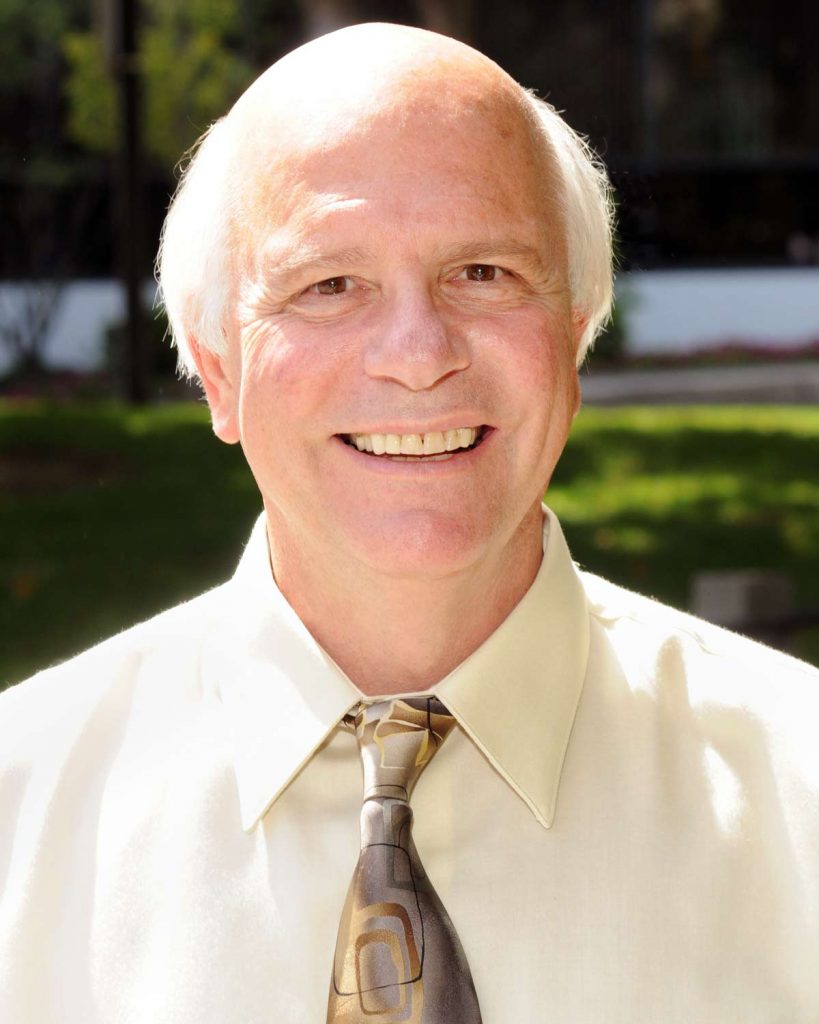
George McCloskey, Ph.D.
George McCloskey, Ph.D., is a professor and Director of School Psychology Research in the School of Professional and Applied Psychology of the Philadelphia College of Osteopathic Medicine and holds Diplomate status with the American Academy of Pediatric Neuropsychology. Dr. McCloskey has amassed 40 years of experience in test development, teaching, research and assessment and intervention work with a wide range of clients and has developed a comprehensive model of executive functions that can be used to guide assessment and intervention. He frequently presents at international, national, and state conferences and consults with a number of school districts and private schools nationwide on issues related to improving students’ executive functions.
Dr. McCloskey is the lead author of the books Assessment and Intervention for Executive Function Difficulties and Essentials of Executive Functions Assessment and his most recent writing on interventions for executive function and executive skills difficulties appears in Chapter 10 of the book Essentials of Planning, Selecting, and Tailoring Interventions for Unique Learners. He also is the author of the McCloskey Executive Functions Scales (MEFS) that have been standardized and published with Schoolhouse Educational Services. Dr. McCloskey is co-author with his wife, Laurie McCloskey of the children’s book titled The Day Frankie Left His Frontal Lobes at Home.
Monica Oganes
Monica Oganes is President and CEO of Monica Oganes and Associates. She is a bilingual school psychologist and school neuropsychologist. She has her own assessment business that has won awards. At the S2P Forum she spoke on the neurobiology of bilingualism and language disorder identification. Monica is a bilingual English and Spanish speaker, supports psychoeducational assessment, and can bring many needed characteristics to the PAB including representation from an underrepresented group.
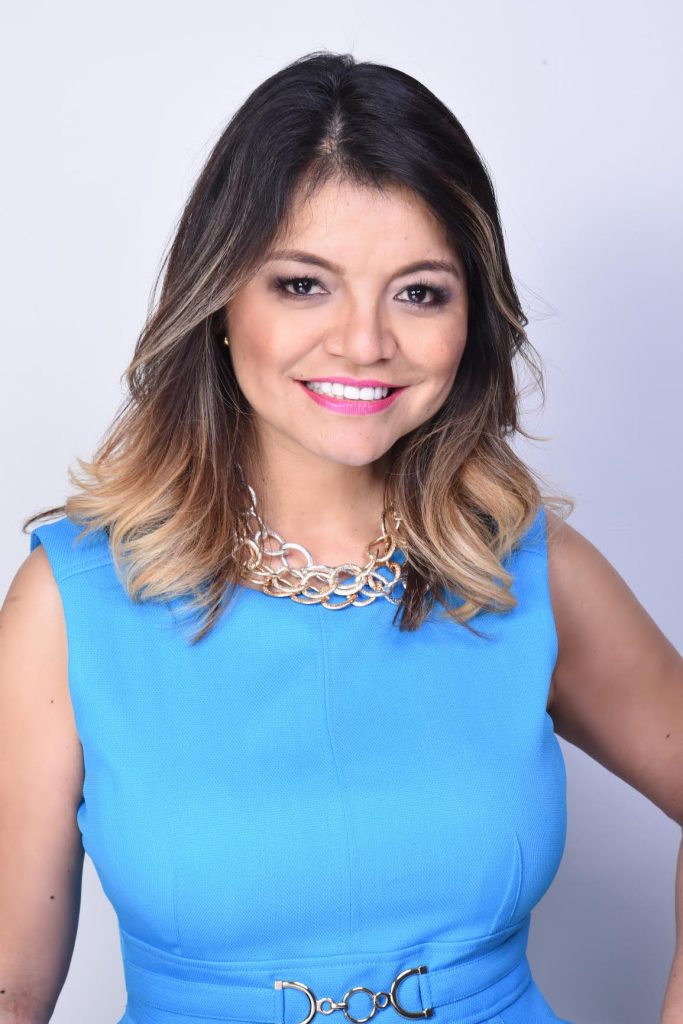

Larry Pristo, Ph.D.
Larry Pristo is a school certified and board licensed psychologist providing services in Arizona since 1977. He currently is the director of a contract agency that has provided a variety of special education support services to over 50 school districts in the state, and supervises interns in Phoenix at the Washington School District, the largest elementary district in the State. Dr. Pristo is the co-author of the District’s specific learning disabilities (SLD) identification model and developed a local format to assist in SLD determination, presenting the information at a number of school districts and universities throughout Arizona. Over his career, Dr. Pristo has worked within the
Department of Corrections, the County Jail, health maintenance, an alcohol recovery program, one-on-one therapeutic settings, and provided in-services statewide through the Department of Education. As a school psychologist, he has been in numerous schools with high rates of bilingual, diverse, or refugee students. Dr. Pristo is a long-standing advocate for the appropriate assessment and interpretation of evaluation results for diverse populations. He provided input and expertise to the SLD Evaluation Standards writing group and he has presented at a number of LDA conferences and virtual events.
Michelle Storie. Ph.D.
Dr. Storie is a Licensed Psychologist and Assistant Professor and Coordinator of the School Psychology Program, SUNY Oswego. She has previously served as Director of the Psychoeducational Teaching Laboratory at Syracuse University and as a Visiting Assistant Professor in the Counseling and Psychological Services Department at SUNY Oswego. She teaches courses in educational psychology, assessment and learning disabilities. Michelle’s research interests include development of prosocial skills, the impact of health and wellness programs on academic achievement, and effective transition from high school to college. She presents locally and nationally on these topics, as well as learning disabilities and psychoeducational assessment. Michelle is currently on the Board of Directors of the Reading League and serves as on of RTL’s representatives to the National Joint Committee on Learning Disabilities. Michelle has presented at LDA conferences and virtual events.


Eric Tridas, M.D.
Dr. Tridas practiced developmental and behavioral pediatrics in the Tampa Bay Area for 37 years and is a Clinical Associate Professor in Pediatrics at the University of South Florida, Morsani College of Medicine. He is Medical Director of The Tridas Group, a software company that developed an application that generates a customized evaluation report. Dr. Tridas is a member of the National Joint Committee on Learning Disabilities,and Past President of the International Dyslexia Association.
He is also the State Medical Director for Pediatric Health Choice-Prescribed Pediatric Extended Care Facilities (PPEC). Dr. Tridas is the recipient of the 2017 International Dyslexia Association Margaret Rawson Lifetime Achievement Award and was inducted into the International Dyslexia Association Sylvia Richardson Hall of Fame. He also received the 2012 IMSLEC Innovator Award. Dr. Tridas edited and co-authored From ABC to ADHD: What Every Parent Should Know About Dyslexia and Attention Problems. In addition, he lectures and consults nationally and internationally on behavioral and developmental pediatrics topics.
Sarah Van Ingen-Lauer. Ph.D.
Dr. Van Ingen Lauer is currently an Associate Professor in Mathematics Education at the University of South Florida. Her research includes the intersection of mathematics education and students with exceptionalities including students with SLD. This past year she has volunteered extensive time serving on the LDA SLD Evaluation Principles and Standards workgroup providing valuable input in the development of this document. Sarah is committed to equitable practice and outcomes for students with SLD. Sarah and David Allsopp have worked collaboratively over a decade related to research and practice around improving mathematics outcomes for students with exceptionalities.


